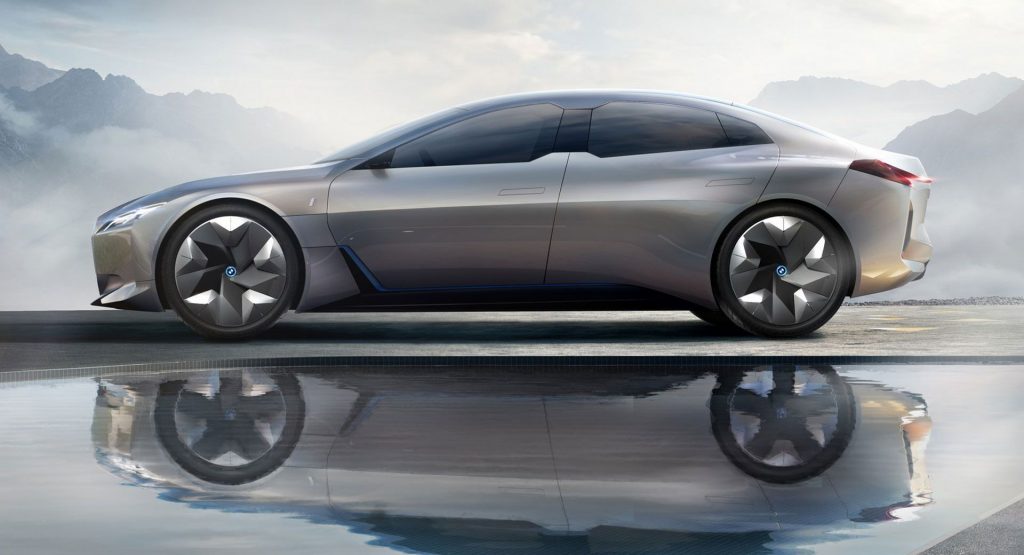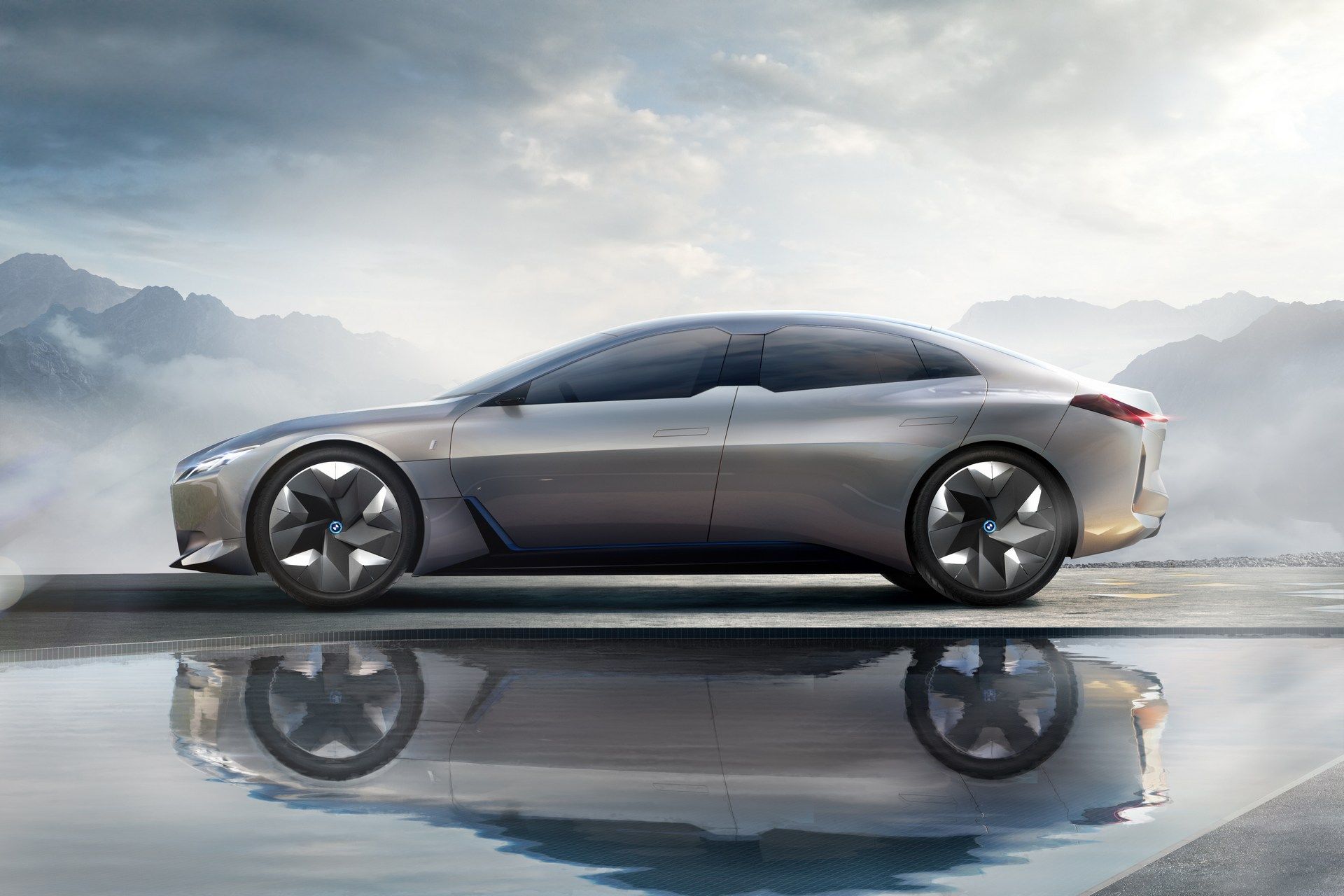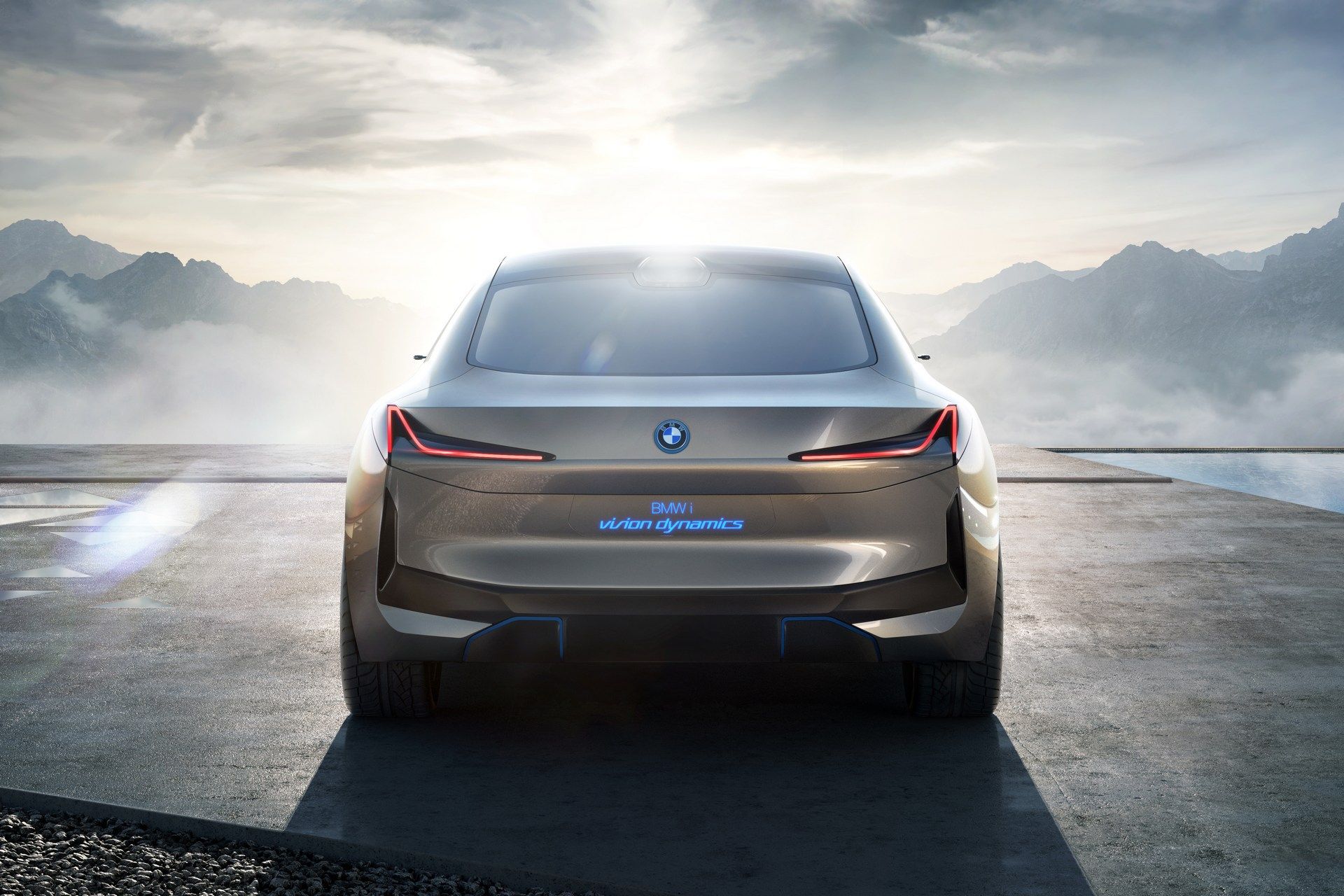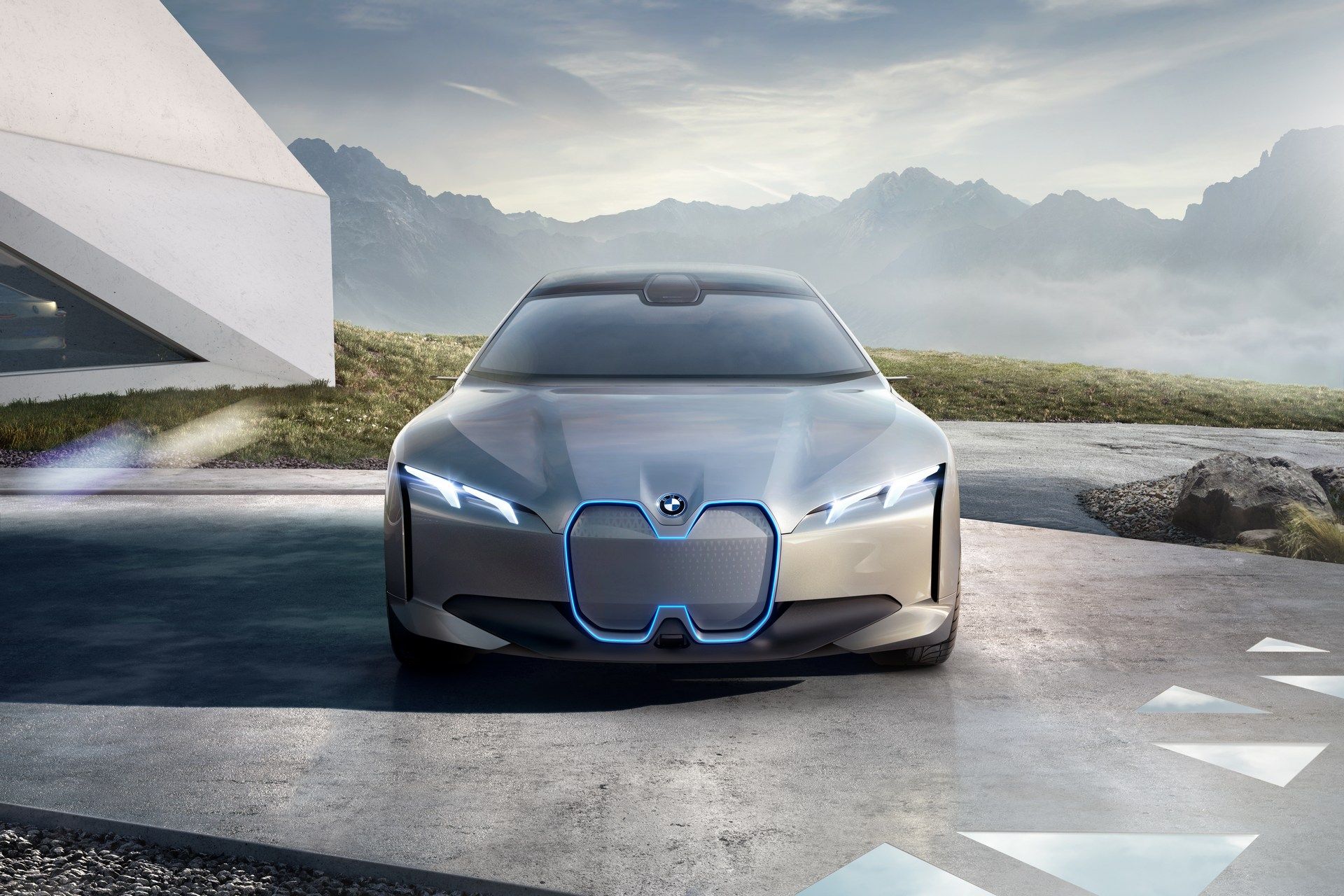BMW is preparing to spend a record amount on research and development for its e-mobility and autonomous driving technologies.
In a statement announcing a plethora of financial targets, the German marque revealed that its investment in new electric and autonomous technologies could reach 7 billion euro ($8.61 billion) in 2018, almost 1 billion euro ($1.23 billion) more than it spent last year.
Perhaps the most significant new model recently announced by BMW is the upcoming all-electric i4, inspired by the i Vision Dynamics Concept from the Frankfurt Motor Show in 2017. This vehicle will be manufactured at BMW’s plant in Munich and serves as one of just 25 electrified models that the BMW Group intends on bringing to the market by 2025, half of which will be fully electric.
One of these vehicles will be the all-electric Mini, set to reach the production line in the UK in 2019. In 2021, the iNEXT will hit the road with an advanced all-electric powertrain and the automaker’s most advanced autonomous driving technology.
BMW is targeting a significant increase in EV sales
Last year, BMW sold more than 100,000 electrified vehicles for the first time in a single year. In 2018, it intends on lifting that figure significantly to at least 140,000 units globally. By the end of 2019, BMW wants to have over half a million EVs on the world’s roads by the end of 2019.
By 2021, BMW says it will be selling electric vehicles with ranges of up to 700 km (434 miles) and plug-in hybrids that can run up to 100 km (62 miles) on electric power.
According to chairman of the Board of Management of BMW, Harald Kruger, the company wants to become the leader in the premium segment by 2020.
“We are bringing out completely new models and introducing a new design language for the whole product range. This is our recipe to ensure that the BMW brand regains pole position in the premium segment by 2020,” Kruger said.






